Each year, Apple’s Worldwide Developers Conference (WWDC) serves as a milestone—where hardware meets software and where developers catch a glimpse of the future they’ll be building for. At MartianCraft, we’ve been writing apps for Apple platforms since the earliest SDKs of Mac OS X and iPhone OS, so we watch the WWDC presentations with great anticipation. This year, more than any in recent memory, felt like a turning point in the history of these platforms.
Let’s unpack the announcements and check out the highlights from the event.
Welcome to Version 26
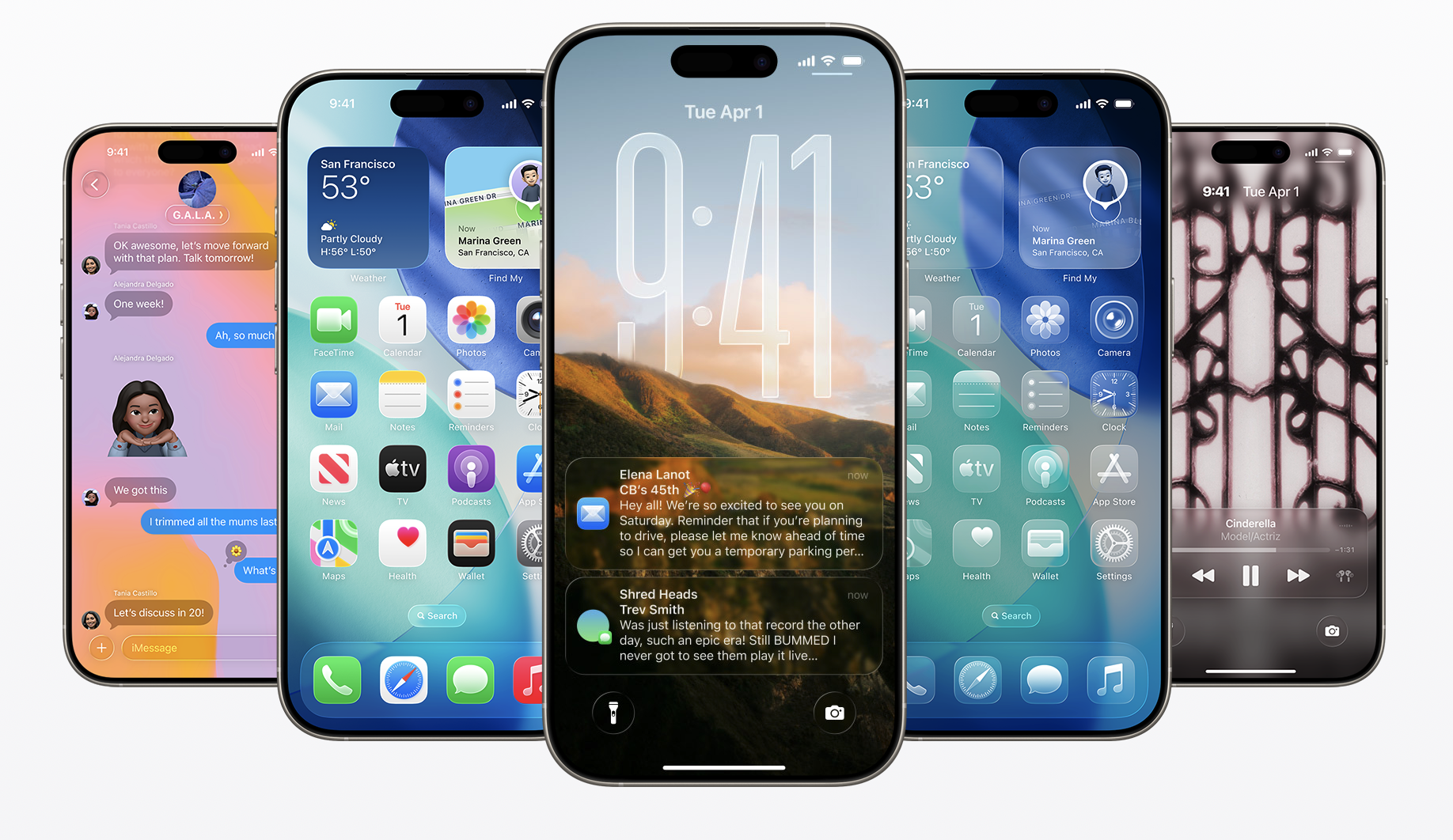
For the first time ever, iOS, iPadOS, macOS, watchOS, tvOS, and visionOS all share a unified version number: 26. It’s not just a cosmetic change—it’s a signal of Apple’s strategy to streamline its platforms. The era of fragmented releases is behind us. Going forward, developers and users can expect tighter alignment between operating systems and more consistent feature rollouts.
This is great news for those of us building apps across the Apple ecosystem. From a single codebase to feature parity, the promise of “write once, run anywhere (on Apple platforms)” is closer than ever.
Liquid Glass: The Unified Design Language
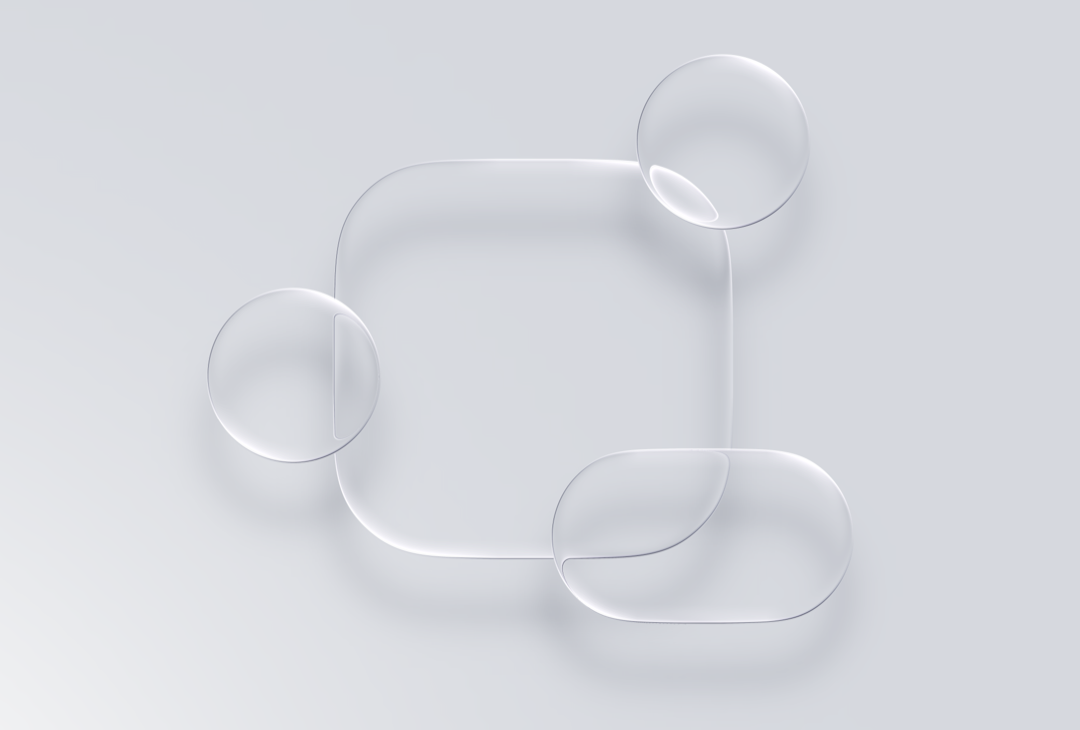
One of the most noticeable changes this year is the introduction of Liquid Glass, a sweeping visual overhaul that brings a more translucent, depth-driven interface that mimics glass to every Apple device. Whether you’re using an iPhone, iPad, Mac, Vision Pro, or Apple Watch, the UI now feels like part of the same family.
More importantly, from a developer’s perspective, Liquid Glass is deeply integrated with SwiftUI. Components now behave more predictably across platforms, making cross-device UI development significantly simpler. Combined with the new OS version alignment, this is Apple doubling down on SwiftUI as the way forward—and now it actually feels ready for it. Apple really wants developers to use this new UI paradigm, though, so they are back porting it to AppKit and UIKit.
A New “Games” App and a Renewed Focus on Gaming
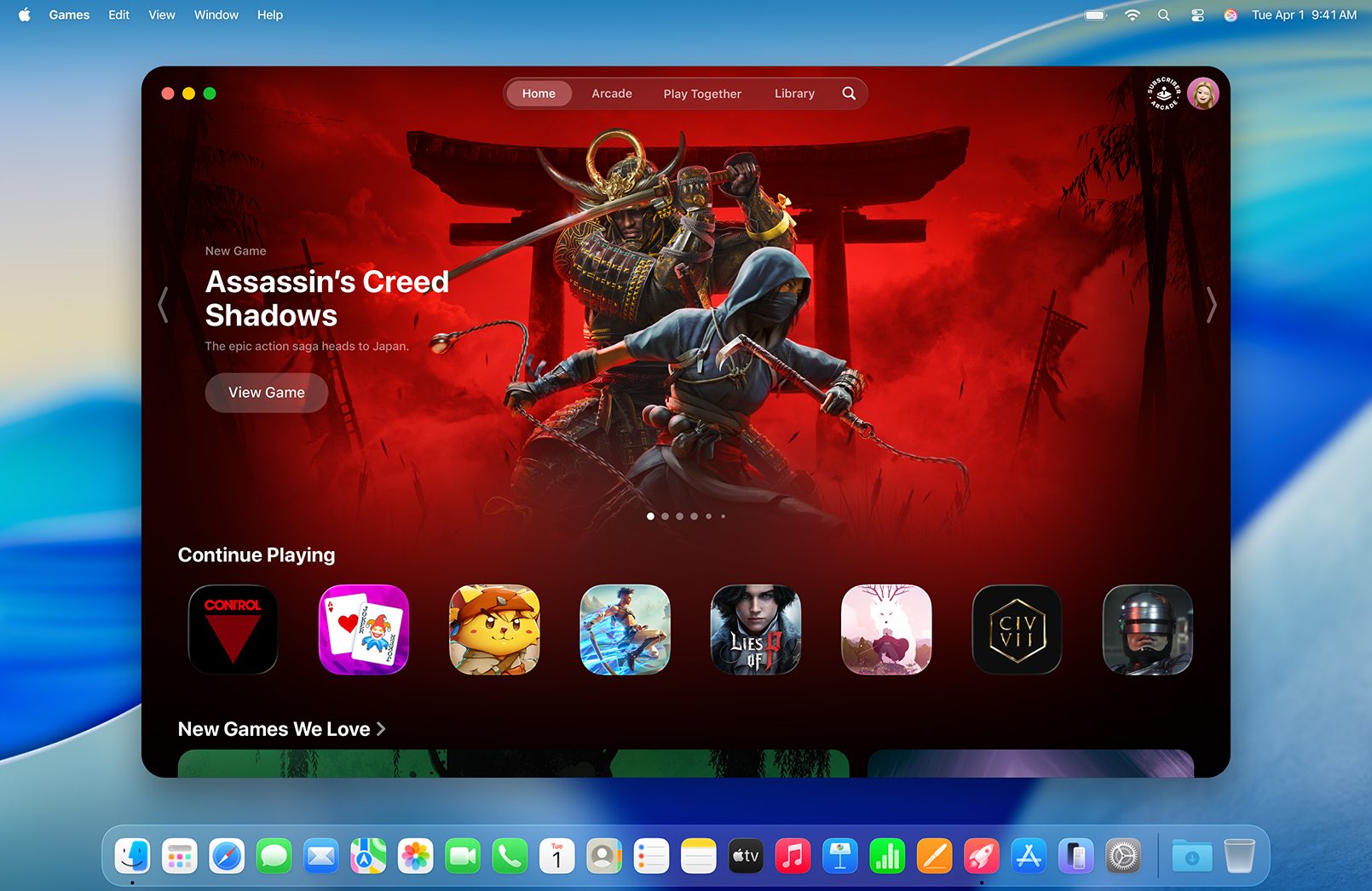
Apple surprised everyone with its new Games app—a centralized hub that combines Game Center with Apple Arcade and App Store gaming content. But more than that, WWDC 2025 showed us that Apple is finally serious about gaming, especially on Mac.
New tools were announced to help Windows game developers port their titles to macOS, including improvements to Apple’s Game Porting Toolkit and tighter integration with Metal. Whether this push will stick remains to be seen, but it’s the most developer-friendly gaming strategy we’ve seen from Apple to date.
iPad Gets More Mac-Like with Smarter Window Management
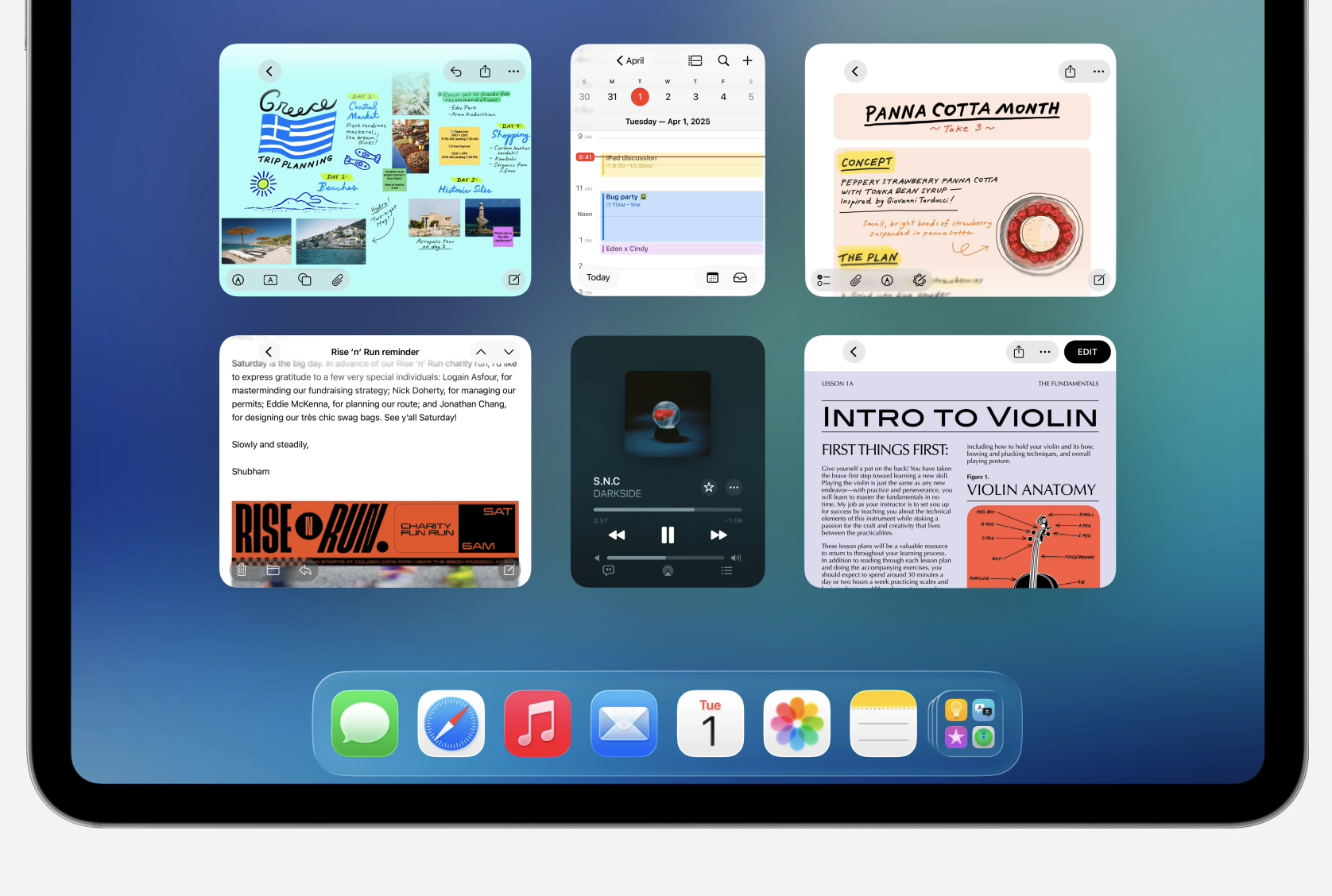
For years, developers and users alike have wanted the iPad to take a step closer to the Mac in terms of productivity. With iPadOS 26, we’re finally seeing that shift in earnest.
The new window management system, paired with keyboard and trackpad support, makes multitasking on iPad feel dramatically more powerful. You can now move and resize windows with precision, switch between apps more fluidly, and use keyboard shortcuts that mirror macOS behavior. It’s not quite a Mac, but it’s the most capable iPad has ever felt—and for many, it’ll be close enough and include most of what users are looking for in a computer.
Goodbye, Intel: macOS 26 “Tahoe” Marks the End of an Era
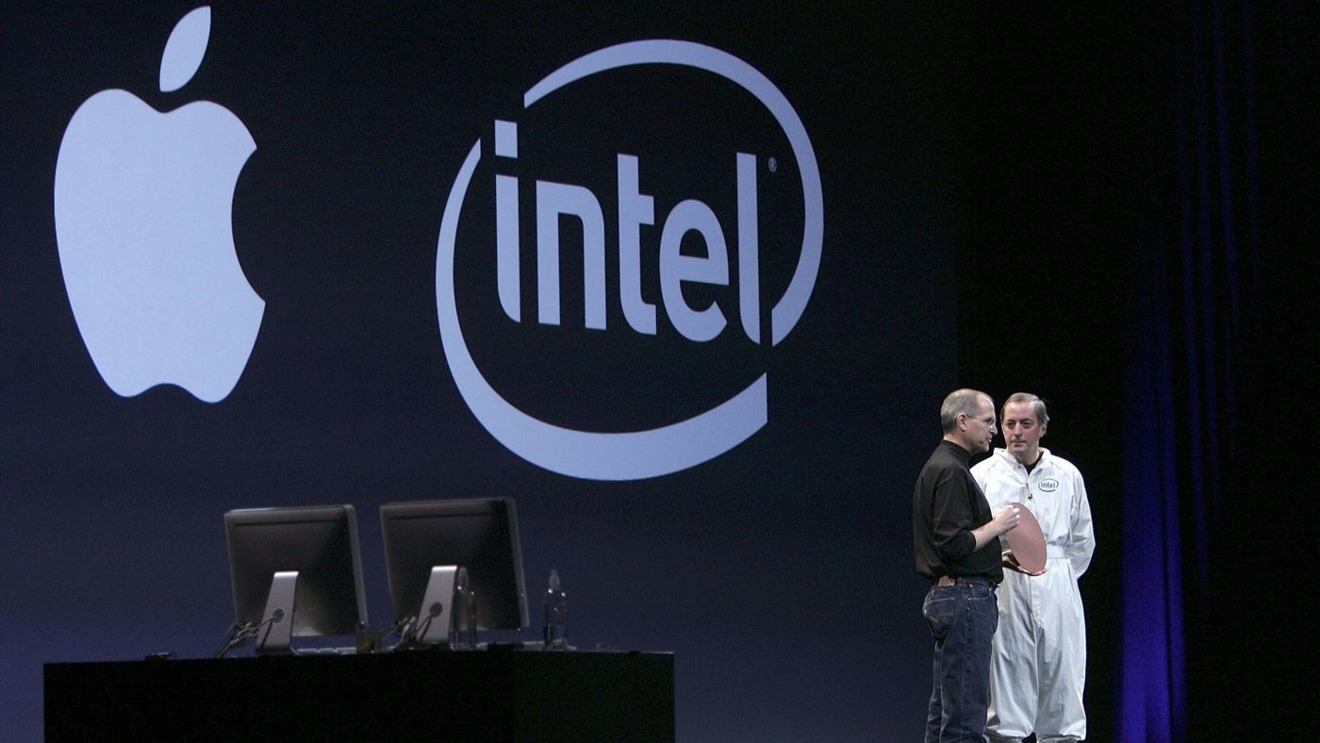
With the release of macOS 26 “Tahoe,” Apple is officially drawing the curtain on Intel Mac support. This final Intel-compatible release gives developers and users time to prepare for the inevitable, but the writing is on the wall: Apple Silicon is now the future—and the present—of the Mac.
As a development agency that’s already fully steeped in Apple Silicon, we welcome the performance, battery life, and development gains as we move forward with these platforms. For any teams still supporting Intel builds, now’s the time to sunset that support and lean into what’s next, especially with Rosetta 2 leaving the Mac platform. After the next release of macOS, users will be left stranded, unable to run Intel-based apps.
AI in the OS, AI in Xcode
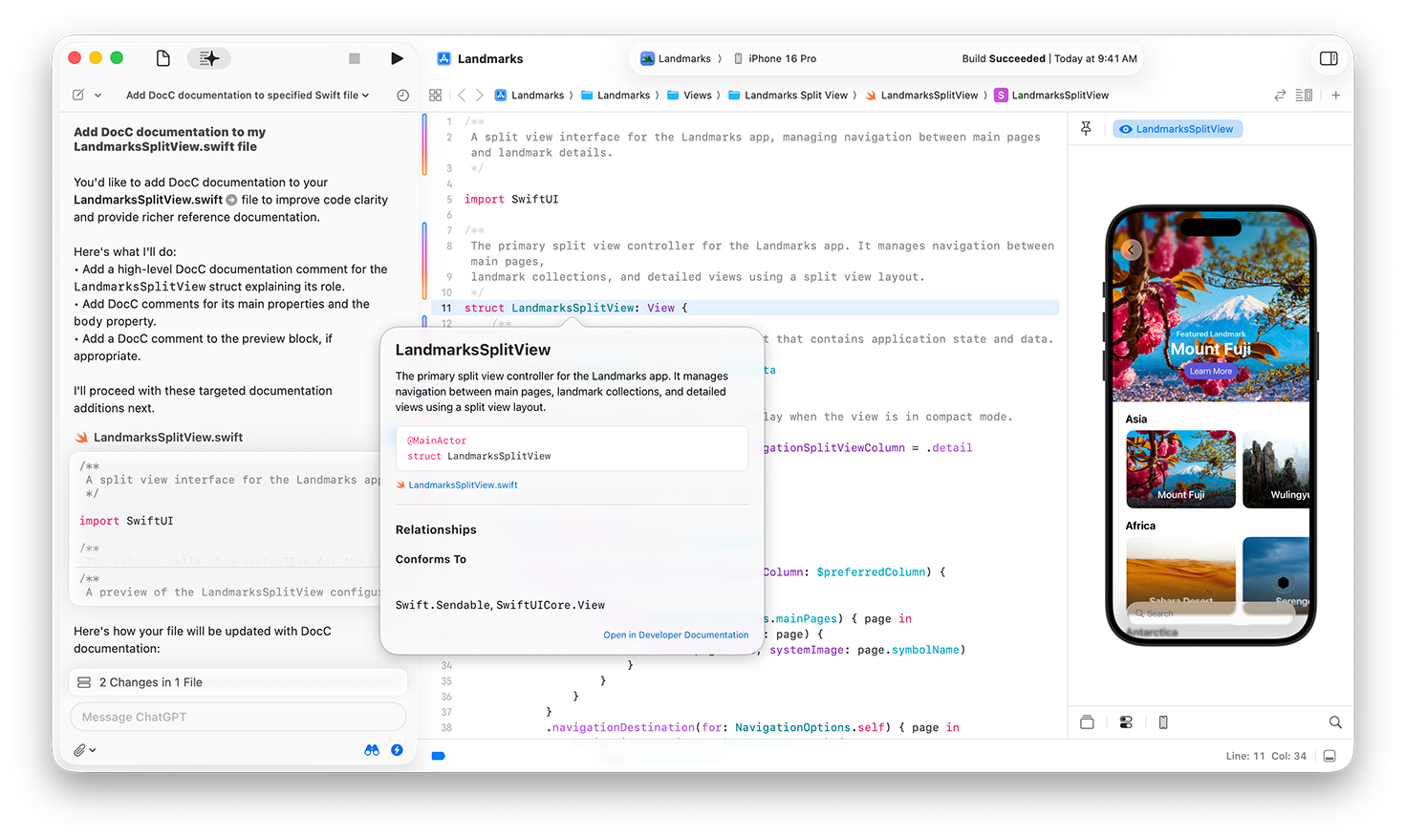
If there was a theme at WWDC 2025, it was this: AI is now deeply woven into every layer of Apple’s platforms, from Shortcuts to Notes to Xcode. Apple announced partnerships with OpenAI and Anthropic, bringing ChatGPT and Claude natively into many apps and developer tools. In Xcode, developers can now write prompts and have AI generate code inline—context-aware and workspace-integrated. It’s not just autocomplete; it’s intent-driven development. AI can suggest fixes, write boilerplate, and even flag bugs based on project history.
For developers, it means faster prototyping, fewer repetitive tasks, and the kind of assistance that fits naturally into existing workflows. Apple’s promise: This AI won’t replace developers, but it’ll definitely empower them to build apps faster.
Why WWDC Still Matters
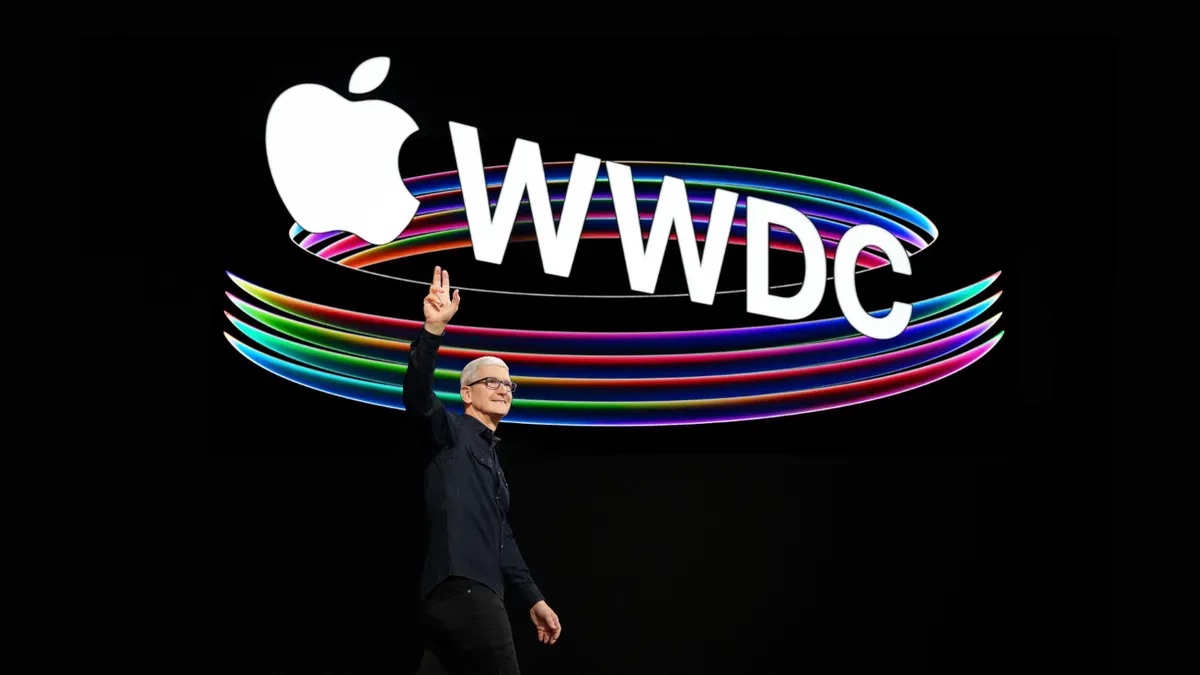
In a world of rolling updates and quiet feature launches, WWDC remains Apple’s statement of intent. It’s a declaration of priorities—and this year, those priorities are clear: consistency, creativity, and intelligence. A shared version number across platforms. A design language that finally feels cohesive. Tools that make development faster, smarter, and more fun.
At MartianCraft, we’re excited about what this new chapter means—not just for us, but for the entire Apple ecosystem. We’ve already started updating our apps for version 26, Liquid Glass, and AI-powered workflows. And if you’re thinking about what’s next for your product, we’d love to help you get there, so reach out.


